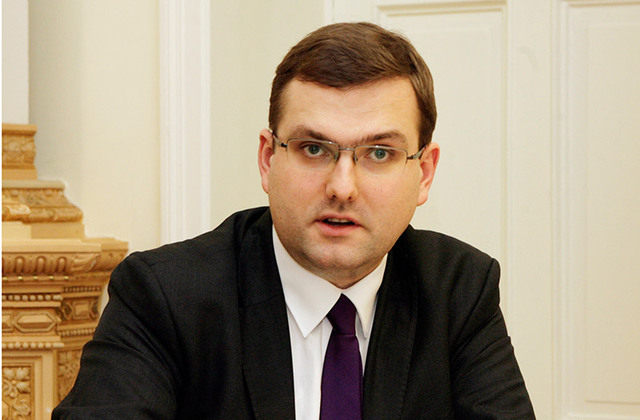The End of Constitutional Pacifism in Japan?
/Yasuo Hasebe
On 19 September 2015, the National Diet of Japan enacted a series of statutes, which enable the government to exercise the right of collective self-defence. One of the statutes also enables the government to dispatch the Self-defence Forces to take charge of logistics for foreign military forces waging wars. This enactment symbolises Japan’s turn of course regarding its long-held stance on constitutional pacifism.
Read More
![Xx1088_-_Seoul_city_nightscape_during_1988_Paralympics_-_3b_-_Scan [test].jpg](https://images.squarespace-cdn.com/content/v1/5af3f84a4eddec846552ea29/1527486925632-3VZP3ASLAHP1LJI0D9NJ/Xx1088_-_Seoul_city_nightscape_during_1988_Paralympics_-_3b_-_Scan+%5Btest%5D.jpg)


















